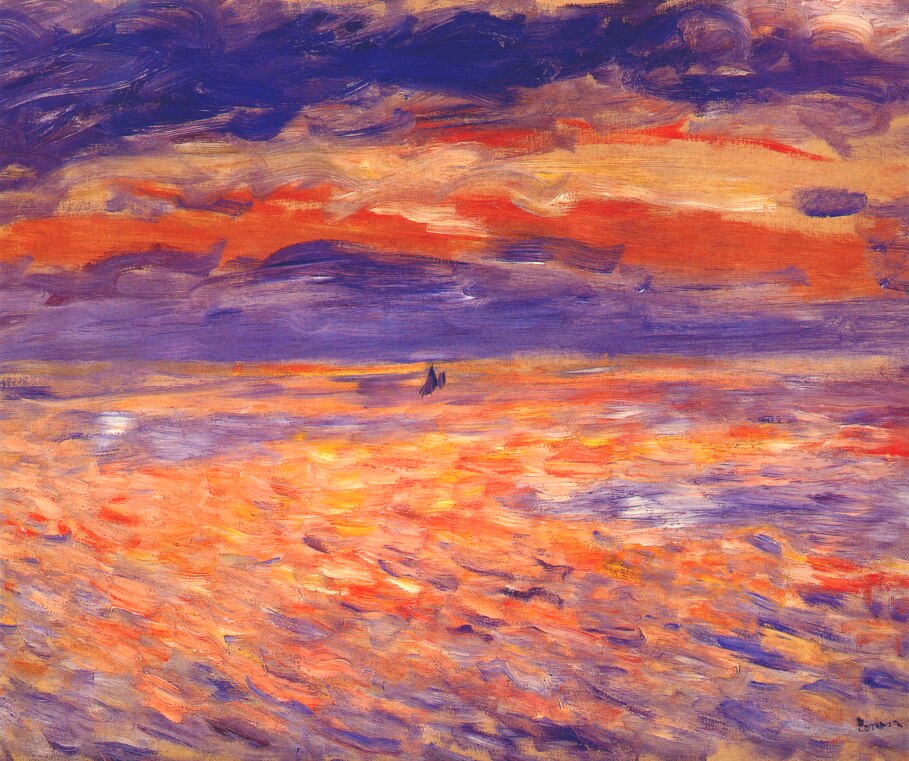Isaiah, Chapter 44, verse 8
Do not fear or be troubled.
Did I not announce it to you long ago? I declared it, and you are my witnesses.
Is there any God but me? There is no other Rock, I know of none!
Our
God knows we are fearful and troubled and that we seek refuge in other god’s
sex, drugs and rock and roll. Yet, still he is patient and tells us plainly
there is no other. He is that is. There is no other rock (refuge) from the terrors
that bind us then Him.
While
cleaning out my files the other day I came across this note. I don’t know the
source but thought I would share it.
A
Note From Heaven
Dear
Beloved One,
I
see your loneliness and fears, your guilt and frustrations. I see your endless
search for love and fulfillment. All this must be, in order for you to come the
the end of your own understanding—then you can hear My voice. Listen carefully
amid the noise of the world and you will hear…
I love
you, I shed My blood for you to make you clean. Give yourself completely to Me.
I created you to be just as you are, and you are lovely in My eyes. Do not
criticize yourself or become depressed for not being perfect in your own eyes.
This leads only to frustrations. I want you to trust Me one step, one second at
a time. Dwell in My power and My love and be free, be yourself. Don’t allow
other people to control you. I will guide you, if you let Me, but be aware of
My presence in everything. I will give you patience, love, joy, and peace. Look
to Me for answers for I am your shepherd and will lead you. Follow Me only!! Do
not ever forget this. Listen and I will tell you My will.
Let
My love flow from you and spill over to all you touch. Be not concerned with
yourself—you are My responsibility. I will change you without your ever knowing
it. You are to love yourself and love others, simply because I love you. Take
your eyes off yourself, look only to Me, I lead, I change, I create, but not
when you are striving. You are mine…let Me have the joy of making you like
Christ.
Your
only command is to look to Me and Me, only—never to yourself and never to
others. Do not struggle, but relax in My love. I know what is best and will do
it in you. Stop trying to become, and let me make you what I want.
My
will is perfect;
My
love is sufficient. I will
Supply
all your needs…
Only
look to Me.
I
love you,
Your
Heavenly Father
So let us worship God in
His tabernacle for His goodness, truth and beauty. When we talk about the
tabernacle of the Lord we are talking about the Bless Sacrament were Jesus is
really present—body, blood, soul and divinity. Yet, there is another tabernacle
which we do not recognize easily. That is our very bodies and those of others
when we receive the Eucharist. We need to acknowledge Christ is in others just
as we genuflect before the tabernacle. He must be worshiped! According to
Church law, the tabernacle, which keeps the consecrated Eucharistic hosts,
should be “immovable, made of solid or opaque material, locked so that the
danger of profanation may be entirely avoided.” We also as a tabernacle should
be immovable in our faith, give others solid support and lock our hearts from
the love of the world. We should, apart from making our regular attendance at
Mass, drop by the church and make a short “visit” to Jesus in the Blessed
Sacrament. The visit needn’t be long, just a few minutes to greet Jesus and
offer a silent prayer.
[1]
Hahn, Scott, Signs of Life; 40 Catholic Customs and their biblical roots. Chap.
38. Reverence for the Tabernacle.



